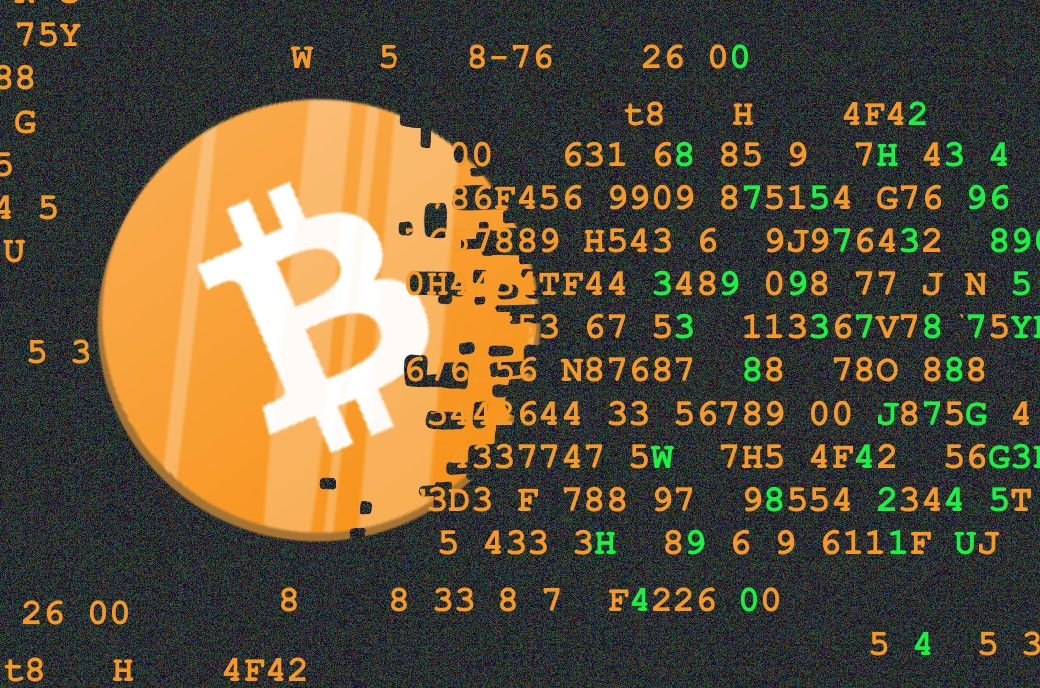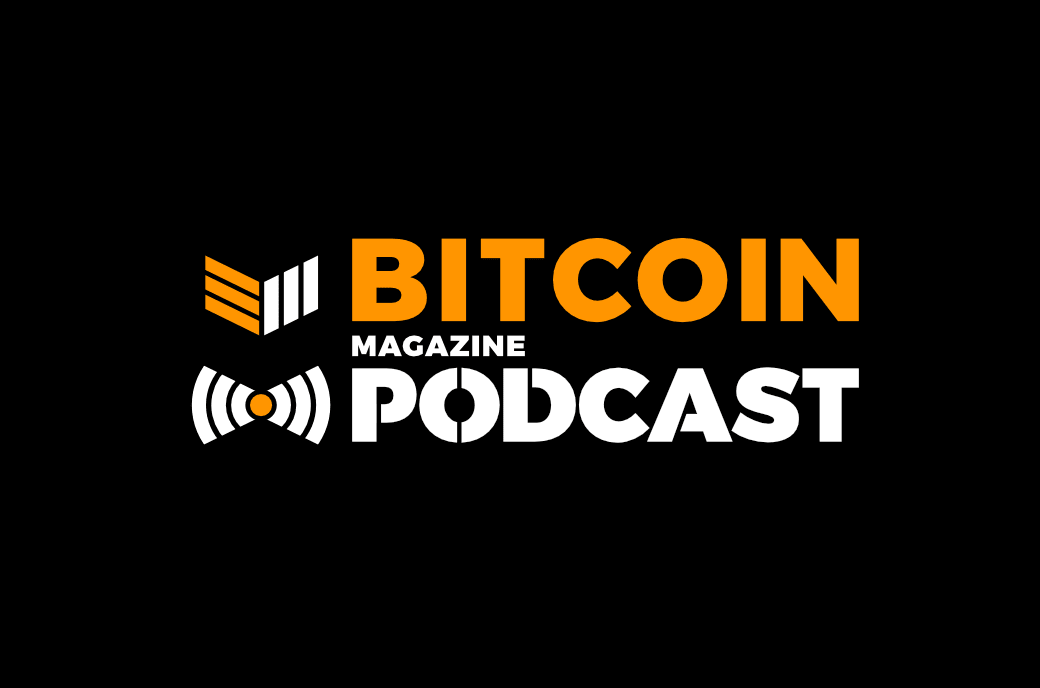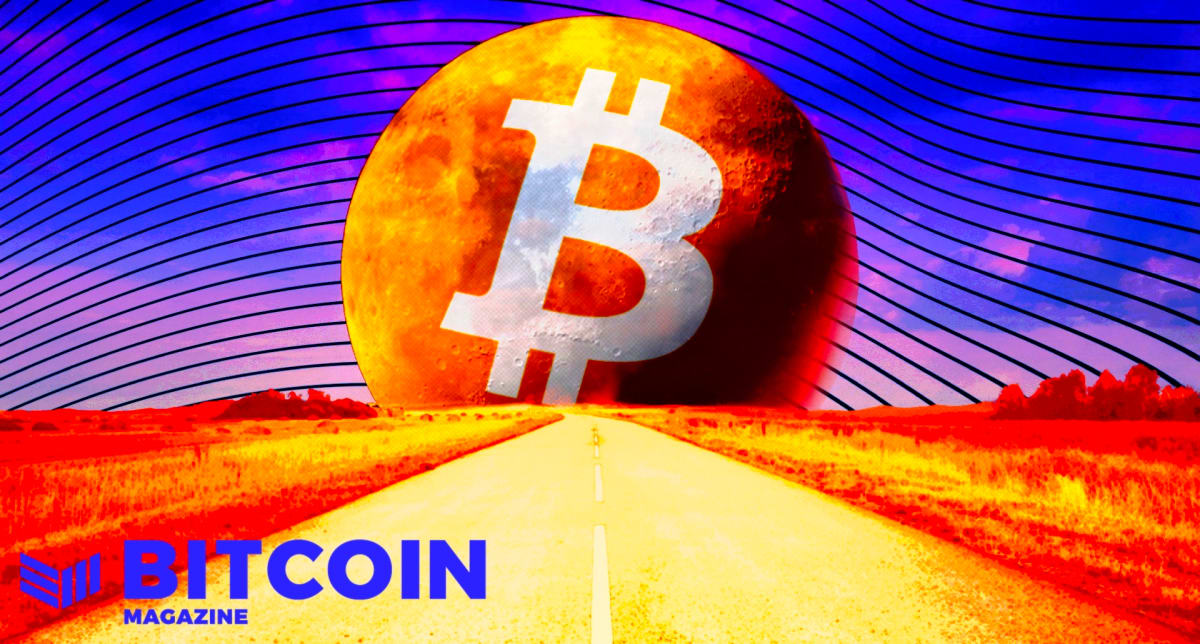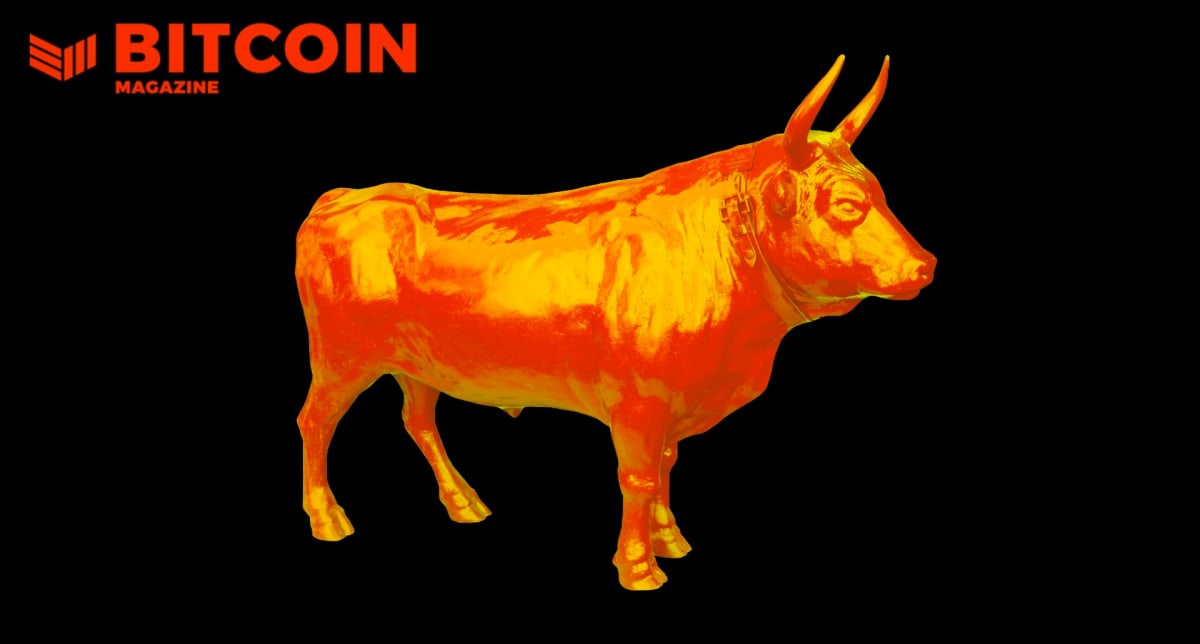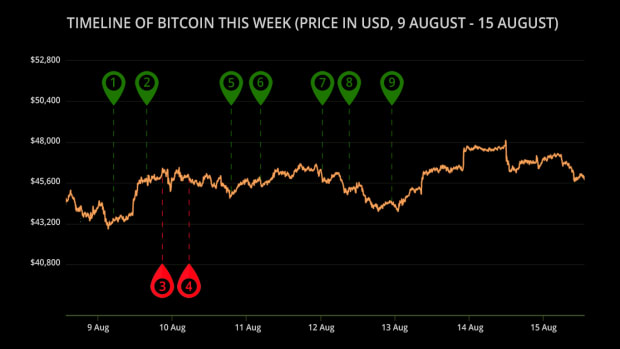Michel Foucault And The Misdiagnosis Of Bitcoin
Philosopher Michel Foucault’s antiauthoritarian thinking offers a provocative lens through which to view the revolution of Bitcoin.
Bitcoin recently surpassed the $50,000 mark. The moment was both historic and telling. It was also incredibly sweet. Bitcoin has not only proved doubters like Paul Krugman wrong, it continues to grow in influence and importance. 2021 may very well prove to be the year that bitcoin becomes death, destroyer of fiat.
The $50,000 mark was especially sweet because Satoshi’s creation has been misdiagnosed for years. If French philosopher Michel Foucault, a man who knew a thing or two about misdiagnoses, was around today, what would he have to say about Bitcoin?
Finding Foucault
As a divisive figure, for every fan of the Frenchman, a detractor exists. Does Foucault deserve a place in the pantheon of great thinkers? American literary theorist Leo Bersani certainly thinks so. He considers Foucault to be a most “brilliant philosopher,” more original “than any other contemporary thinker.” On the other hand, American philosopher Noam Chomsky famously called Foucault “totally amoral,” prone to the wildest of exaggerations.
The truth, one imagines, lies somewhere in the middle.
Though I agree with Chomsky to some degree, Foucault’s ideas are both provocative and engaging. And, more often than not, they carry a great degree of truth.
A proponent of self-governance, Foucault abhorred the idea of bureaucratic overreach. He was especially critical of political and psychiatric establishments. Members of the latter, he believed, were in the business of misdiagnosing and forcibly confining anyone who dared stray from the prescribed path. He warned against a system of diagnosis that could be manipulated for political purposes. Who, he asked, was doing the diagnosing? Were they to be trusted? Were their intentions pure? How “sane” were they?
The Foucauldian Perspective On Bitcoin
How, exactly, can a Foucauldian perspective can be applied to the world of Bitcoin?
Well, for more than a decade, members of the establishment have been misdiagnosing BTC. It has been called every economic epithet imaginable: Ponzi scheme, pyramid scheme, bubble (about 400 times), etc. Warren Buffet called it rat poison. Peter Schiff thinks it’s fool’s gold.
History is littered with the misdiagnoses of individuals and ideas. The labelers tend to come in two forms: the first, too ignorant to understand; the second, understanding fully and genuinely perturbed by the possibilities. Once considered aberrational by those in power, we now see many of these ideas and individuals for what they truly were (and still are): revolutionary.
From Einstein to Eminem, innovative thinkers have always faced backlash from those in positions in power. When the former published his theory of relativity, a number of prominent scientists vehemently dismissed it as “Jewish physics.”
The latter, when he first burst onto the scene in the ’90s, was considered a grave threat to society. His lyrics, many argued, would inspire anarchy in the streets. In reality, they inspired two phenomenal albums and a number of highly forgettable ones.
Bitcoin has also faced a host of wild accusations. In 2013, the economist John Quiggin called BTC “the most demonstrably valueless financial asset ever created.”
The three examples listed here show how the world tends to react to unorthodox ideas. First, there is shock, quickly followed by criticism, often extreme in nature. However, if the ideas happen to be of high quality, they stick. In fact, they grow, they mature and they gain acceptance. In the case of Einstein, his ideas infiltrated the cultural psyche, redefining the way in which many of us see the world. Bitcoin, too, appears to be on a similar, upward trajectory.
Committed To Change
A champion of heterodox thinking, Foucault was a powerful orator. He encouraged freedom of expression and a willingness to be bold. He dreamt of a “new age of curiosity,” a day in which traditional “familiarities” faced the greatest levels of scrutiny. Foucault encouraged dissent, especially if the dissent resulted in a change for the better.
In order for progress to occur, society benefits from what the comedian Bryan Callen calls “idea sex.” One person has an idea, another person has an idea (often very different in nature), with these two ideas coming together to create an idea baby of sorts.
Greatness doesn’t come from comfort; it comes from disruption. George Carlin knew this. Steve Jobs knew this. And Michael Foucault most definitely knew this.
The controversial theorist encouraged his followers to be more independent, to be brave and to challenge authority. Be a critical thinker, not a passive receptacle, he preached. Instead of blindly accepting traditional norms, question them, question their origins. If you are perturbed by the answers you find, let the discomfort be a catalyst for change.
If one substitutes Satoshi’s name for Foucault’s in the above paragraph, those sentences still make complete sense. The Bitcoin philosophy and the Foucauldian approach are cut from the very same cloth. As the academic Dr. Mary Klages writes, Foucault was “the founder of his own school of thought.” Satoshi, in many ways, also founded his own “school” of thought.
Foucault said it was his job to make “windows where there were once walls.” Now, I ask, is there a better way of describing the Bitcoin philosophy?
This is a guest post by J. Mac Ghlionn. Opinions expressed are entirely their own and do not necessarily reflect those of BTC Inc or Bitcoin Magazine.


